By the grace of God, I got married well before the rise of dating apps. Sure, there were sites like eHarmony out in the world, but they were understood to be more of a last ditch effort to find love than a place to start your journey.
Lies are so much worse when you turn them into a CTA
Because I was primarily meeting people in real life, I never personally had an opportunity to be catfished, but I did watch my friends/classmates/coworkers upload wildly deceptive photos of themselves on their various social media accounts over the years. From time to time, I would catch a comment on a completely unrecognizable photo of someone I knew in real life. Something like: how are you still single??
I knew how they were still single, but I was too polite to answer.
Deception As A Call To Action
Fast forward to the days of Tinder, Bumble, etc., and I know there have to be some very uncomfortable moments when these previously “innocent” attempts to reframe yourself on social media are now resulting in devastation from all sides when they culminate in an in-person date.
Businesses are guilty of the very same thing.
Lies are so much worse when you turn them into a CTA. Unlike your Myspace photo manipulation, the context of a dating app changes everything. People aren’t just supposed to look at you anymore, they’re supposed to take action – pausing their life to engage with and invest in you one-on-one.
This isn’t just about dating apps. Businesses are guilty of the very same thing.
In my decade-plus of consulting on brand positioning with companies from all walks of industry, I’ve found that the same dangerous game is played in the business world, with companies desperate to pretend to be everything so they don’t lose anyone. The problem is, they’re just kicking the can down the road. At some point, just like these dating profile charlatans, they’re going to be discovered as frauds.
I think it’s actually worse for businesses: with the rise of online reviews, a user doesn’t even have to engage with a company before finding out they’re being fed a pack of lies: Funguykevin_1982 has already illuminated the shadows of deceit to anyone willing to read his Google review.
So What’s The Solution?
You’ve basically got 2 options, and they aren’t mutually exclusive:
- Lean into who and what you really are
- Make changes to become who you aren’t (yet), but want to become
It’s simple, but it isn’t always easy – especially the second option. It takes real work and a lot of personal honesty to accurately self-assess, proclaim the truth, and/or take the steps necessary to better yourself where you fall short (whether you’re a dating app aficionado or a CEO). Ultimately, it’s worth the effort as illustrated in the outcomes below:
Deceit vs. Honesty: A Comparison
Starting With Deceit
Best case scenario: someone buys into what you’re offering, finds that you really don’t do what you said you do, but finds some other utility that makes it worthwhile to keep you around. It “worked out” in the end, but there’s still going to be some lingering sense of shadiness for the end user.
Worst case scenario: they buy into your offer, find you’re not at all what you said you were, and are lost forever.

YOU LIED TO ME! Why would I ever come back to take another look? Not only that, I’m going to flame you on socials and review sites, and make you look like a bunch of creeps that can’t be trusted (because you kind of are).
On To Honesty
Best case scenario: you become known for the thing you do really well for the audience that best suits you. Your straightforwardness has helped establish trust, trust becomes loyalty, and your roster of happy, loyal customers turn into proselytizers.
Even the guy in the deceit best case scenario could fall into this camp: afterall, he did find something of utility in the thing you offered, even if it was sandwiched between two slices of lie (Lye?) bread. But since you didn’t lie to him, he doesn’t have the stench of trickery following his memory of your company/brand at every turn.
Worst case scenario: you don’t blow up like LuLaRoe, on the backs of undeliverable promises and crushed consumer dreams. Like Michael Scott’s patented weaknesses that are also strengths, the worst case is maybe also a secondary best case.
But honestly, there’s very little downside here. Maybe you’re overlooked by an audience who would be unhappy with you anyway, but people are generally pretty forgiving and even appreciative when someone/something is forthright about not being a fit for their needs.
In fact, when I’ve encountered this personally in the past and then later found that the company now was offering the solution I originally needed, I’ve been much more interested in reengaging with them at that point.
TL;DR
Long story short: just try not to lie about everything.

